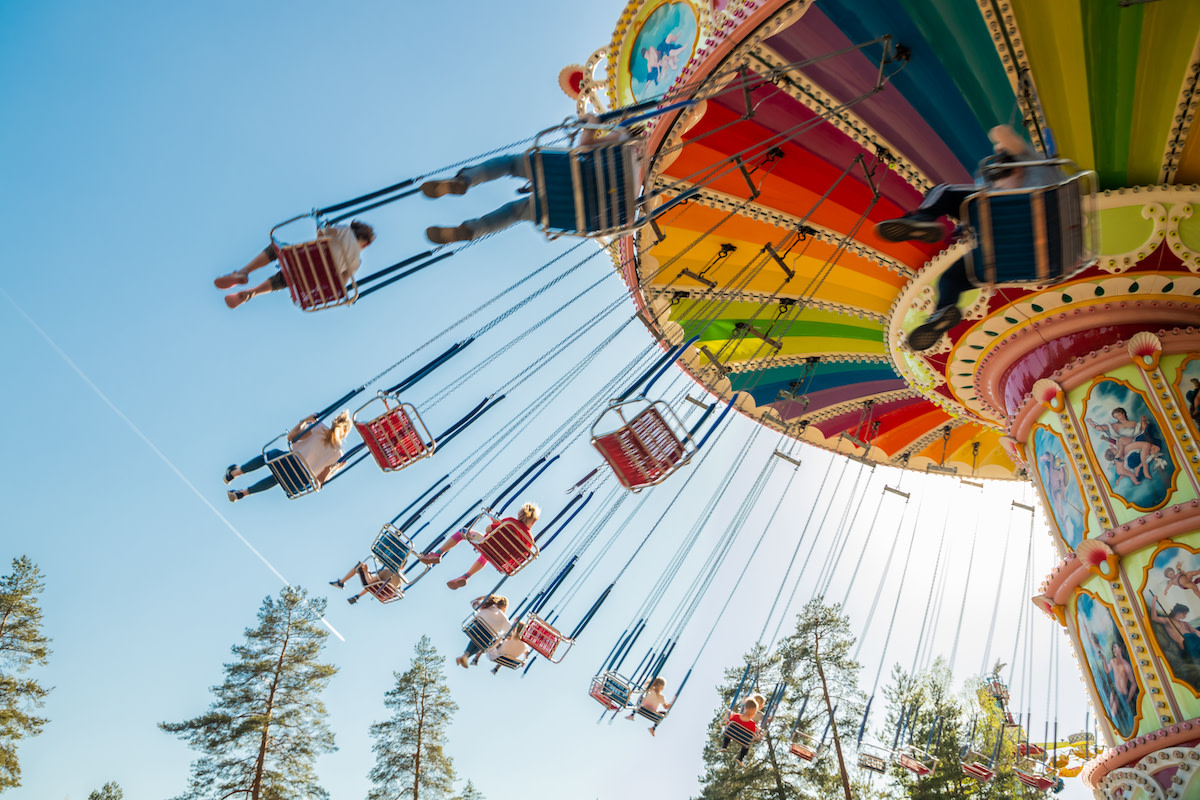Experience Economy: What Is the Experience Economy?
Written by MasterClass
Last updated: Oct 11, 2022 • 1 min read
In the experience economy, customer experience drives economic growth. The experience economy gives business leaders a new framework for understanding customers and how to invigorate them through experiential services.
Learn From the Best
What Is the Experience Economy?
The experience economy is the selling of memorable experiences to customers. Coauthors and economists B. Joseph Pine II and James H. Gilmore coined the term “experience economy” in a 1998 article about how the next generation of consumers—millennials—would prefer compelling experiences over products. Pine and Gilmore’s article led to their 1998 book, The Experience Economy, followed by the publication of other business books discussing how business models were changing to prioritize exciting in-person and digital experiences.
Pine and Gilmore saw the experience economy as the next frontier, following the popularity of the agrarian then industrial then service economies. The authors believed that startups and new companies could better attract and retain customers if they gave them experiences that stirred strong feelings and vivid memories.
5 Examples of the Experience Economy
Examples of the new experience economy exist in several different industries, such as:
- 1. Pop-ups: Staging experiences at memorable events and trade shows can surprise and delight passersby and invitees. In today’s world, the ability to capture these experiences and share them on social media allows audiences unable to attend an event to still experience a piece of it.
- 2. Store designs: When shopping in person, the ambiance and experience of a store can lead to stronger brand recognition and positive feelings.
- 3. Travel: Travel companies that offer accommodations and real-life experiences with tours and classes at various destinations around the world are part of the experience economy.
- 4. Theme parks: Amusement parks inherently offer thrills and memorable experiences, which is why, amongst other reasons, companies like Disney continue to thrive decades after their inception.
- 5. Virtual reality: Video games and engaging digital experiences that offer VR components create lasting memories, making them a prime example of experience economy offerings.
MasterClass at Work
MasterClass at Work is the learning platform to help unlock the full potential of your employees and inspire a learning lifestyle in everyone. From negotiation to mindfulness to baking—these are just a few things your teams can explore.
